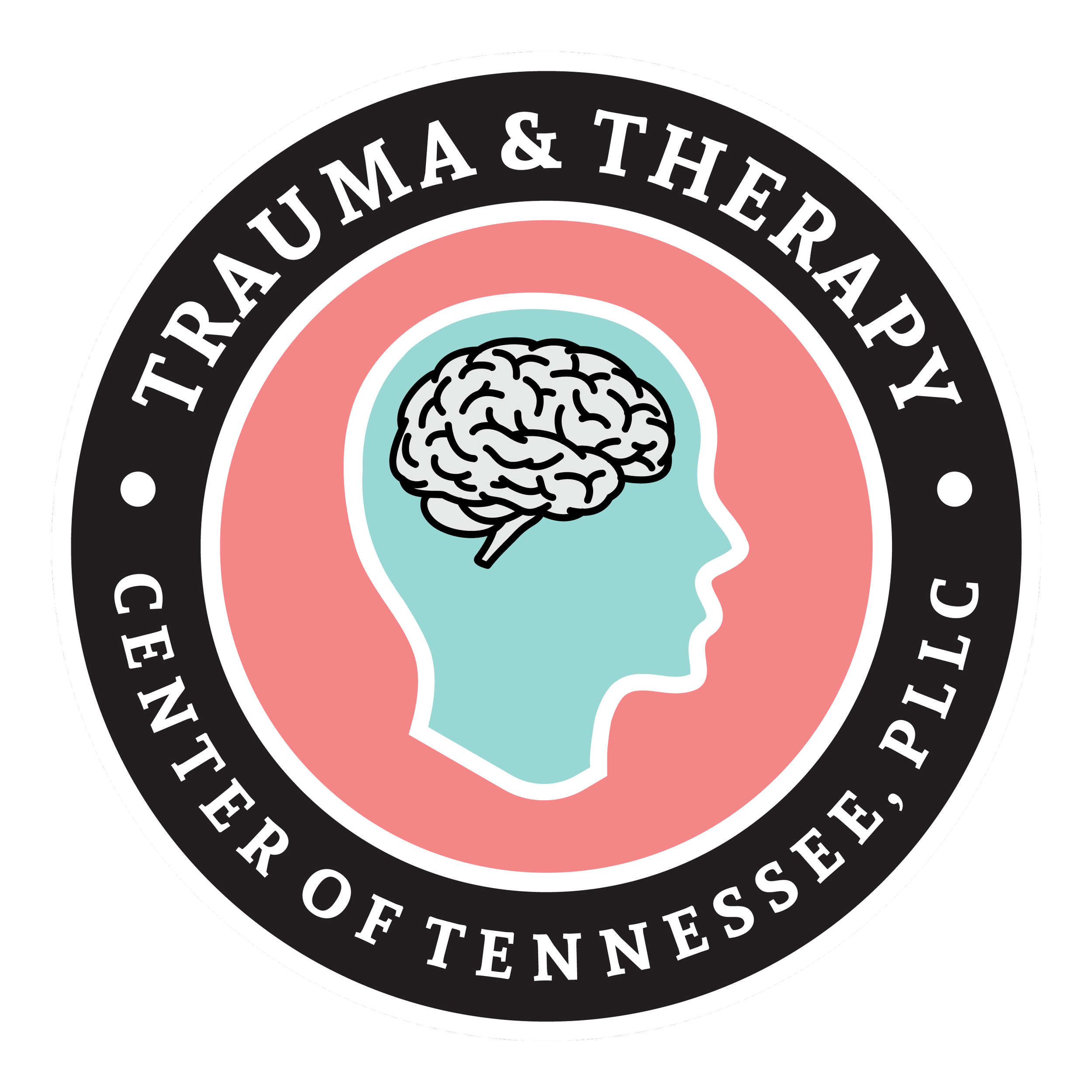Not all telehealth therapy is built the same. At Trauma and Therapy Center of TN, our approach combines evidence-based trauma modalities with relational care from confidential trauma specialists, serving clients in Tennessee, Kentucky, and Georgia. This is high-touch, high-trust virtual therapy that works. Book a free 15-min consult today.
Read MoreAfter a recent suicide involving ChatGPT used as a therapist, we explore the dangers of relying on AI for trauma support. Learn why mental health requires human, trauma-informed care—and how our Clarksville, Nashville, and Kentucky therapists offer real relief through confidential consultations and evidence-based healing.
Read MoreYour teen’s first heartbreak might feel small to you—but to them, it can feel like the end of the world. In this post, we walk parents through five trauma-informed ways to show up with empathy and presence. From listening without fixing to letting them cry, veg out, or just be—these small moments of support can lay the foundation for healing and future resilience.
Read MoreBeneath every big behavior or intense emotion lies a message from the emotional brain—the part of a child’s mind that’s constantly scanning for threat, seeking safety, and storing experiences through association. This blog breaks down how the amygdala (the emotional brain) creates survival-driven response patterns in children, and how therapy can help them rewrite those patterns through new, embodied experiences.
Read MoreConnecting with teens in therapy can feel impossible in a world ruled by social media. But the key isn’t to compete—it’s to connect with what matters most to them. From music and mood-tracking apps to creative check-ins and curiosity about their passions, this post offers practical, trauma-informed ways to build real rapport. When teens feel seen, they’re far more likely to open up—and that’s when the healing begins.
Read MoreYour brain produces tens of thousands of thoughts each day—but not all of them deserve your attention. Some thoughts are rooted in fear, envy, shame, or comparison, and over time, they become mental clutter that impacts your mood, confidence, and relationships. In this blog series, we call that “Garbage of the Mind.” Learn what it is, where it comes from, and how to begin clearing it out to make space for healthier, more helpful thinking. Because emotional healing starts with what we feed our thoughts.
Read MoreIt’s easy to assume someone’s life is perfect based on a post, a smile, or a highlight reel. But perception isn’t reality—it’s a lens shaped by experience, insecurity, and comparison. This blog explores how distorted thoughts can become emotional truths and impact your mental health. Learn how to recognize faulty assumptions and replace them with grounded, compassionate thinking. Because you deserve to see yourself—and others—clearly, without filters.
Read MoreIf your teen has been shutting you out, you're not alone. Learn how adolescent therapy can help teens open up, process emotions, and rebuild healthy communication with parents. Our trauma-informed team in Clarksville & Nashville, TN creates emotionally safe spaces to support your teen’s growth, identity, and healing all while guiding families toward connection and trust.
Read More










